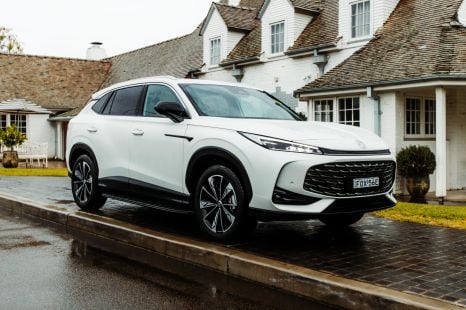

James Wong
3 Days Ago
While the New South Wales Government's weekend EV support package has been praised by car brands, their representative body wants Federal policies put in place.

Senior Contributor
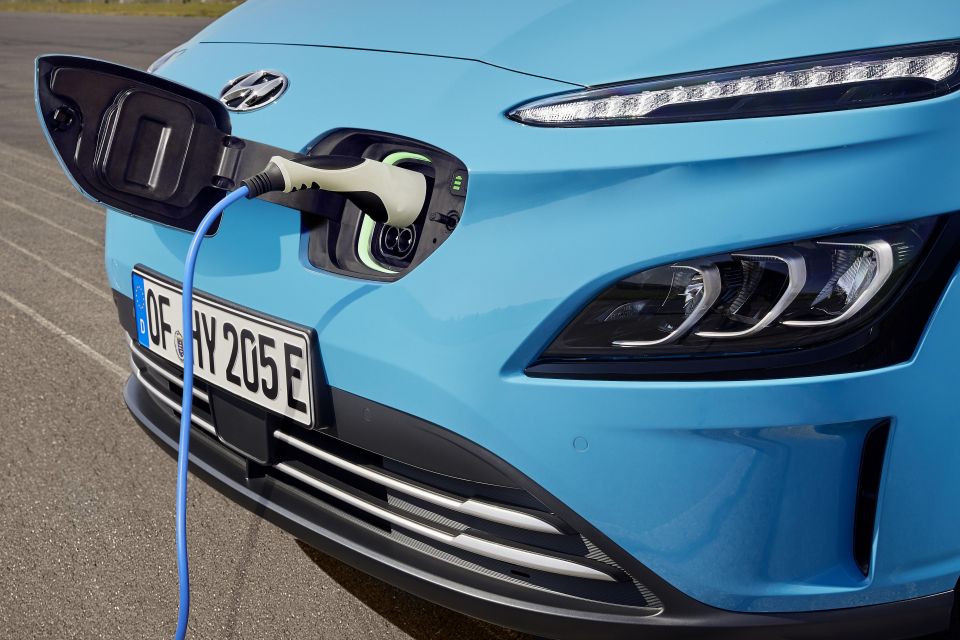

Senior Contributor
The Federal Chamber of Automotive Industries (FCAI) says Australia’s national government risks missing its opportunity to provide leadership and policy direction to expand the take-up of electric vehicles (EV).
The comments come a day after the New South Wales State Liberal Government announced a sweeping EV support package for Australia’s most populous region, making it among the best places in the country to buy an EV, alongside the ACT.
While praising NSW for its actions, the car industry’s national representative body said it was vital all State and Territory policies had some alignment, otherwise the market will become “disjointed and chaotic”.
MORE: Australia needs national EV policies, not piecemeal state ones
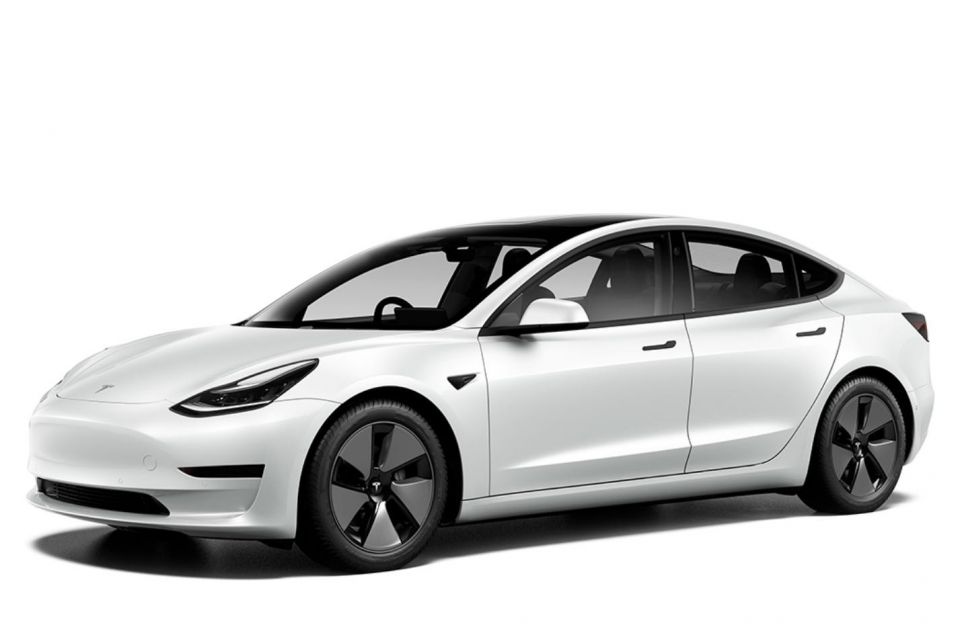
“The FCAI has consistently advocated for a national approach to these issues that ideally would be Federally-led to avoid the prospect of individual State Governments introducing their own standards and incentive programs in support of ZLEVs,” said FCAI chief executive Tony Weber today.
“Consistency is the critical element for Australian customers. If other States introduce their own programs, they must align. Otherwise, the result will be another disjointed and chaotic system like the introduction of different rail gauges across the country.”
The NSW State Government’s $490 million (from 2021-22 State Budget) policy announcement focuses on direct incentives and tax cuts to lower-end EV buyers, while also funding charging infrastructure and seeding the second-hand car market by switching the public-servant fleet.
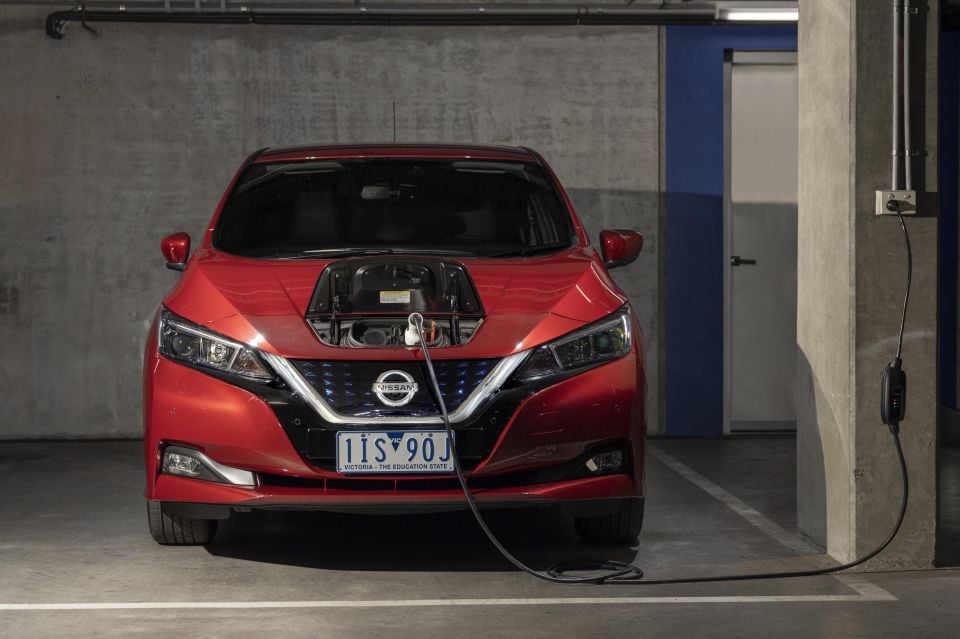
MORE: NSW State Government announces sweeping electric-vehicle stimulus package
The NSW State Government’s $490 million (from 2021-22 State Budget) policy announcement focuses on direct incentives and tax cuts to lower-end EV buyers, while also funding charging infrastructure and seeding the second-hand car market by switching the public-servant fleet to EVs.
The policy also announced a deferred road-user charge of 2.5c per km to be placed on EV owners, in lieu of fuel levy they’re not paying. But unlike Victoria it will wait until EV market share is somewhere around 30 per cent before pulling trigger and risking strangling the tech prematurely.
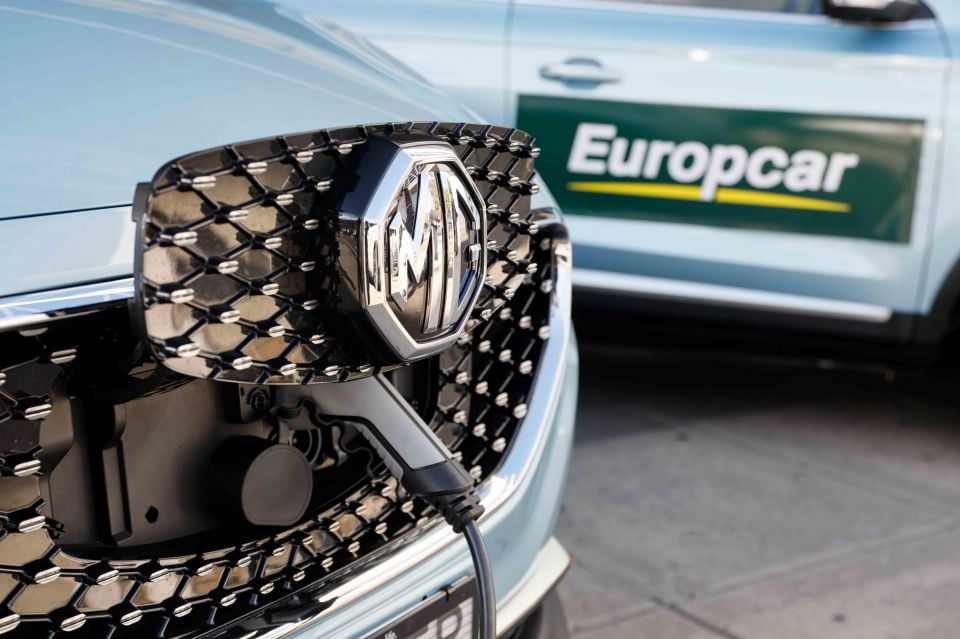
The FCAI’s Weber supported this move too, saying:
“As the future of mobility continues to rapidly transform, now is the time for Governments to relieve motorists of a myriad of outdated, confusing and inefficient charges and replace them with a simplified road user charging approach”.
The FCAI released a discussion paper last month advocating for the introduction of a road user charging approach aimed at eliminating charges such as registration, sales taxes and luxury car taxes and replacing them with one charge.
“The direction being set by the NSW Government has the capacity to kick start serious EV penetration into Australia,” Mr Weber added. “The incentives package for electric vehicles is consistent with actions being taken by forward-thinking governments across the world.”
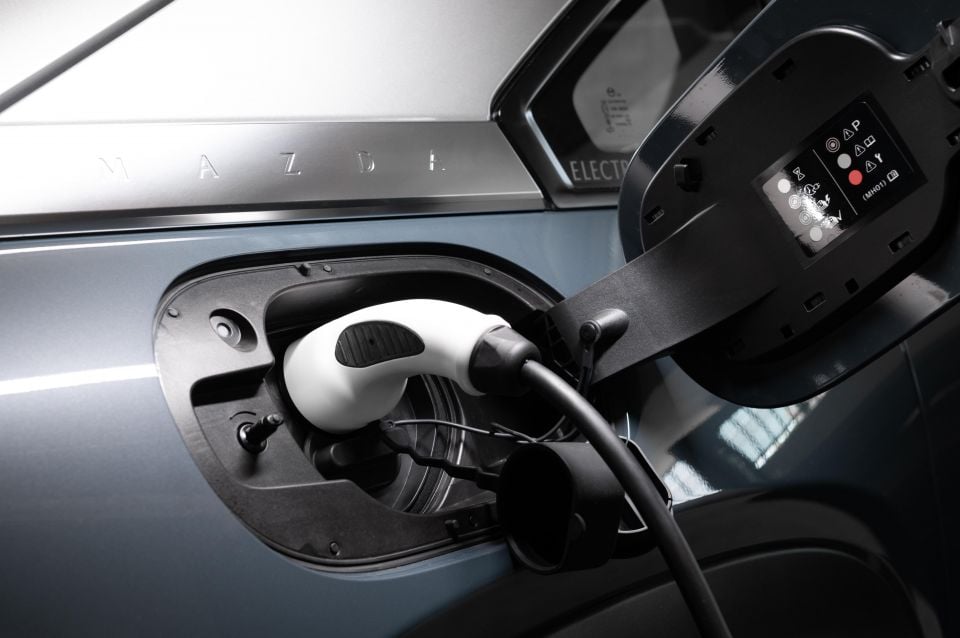
The weekend’s NSW Government announcement came a week after our friends over the ditch in New Zealand announced up to $8625 in Federal EV incentives on sub-$80,000 cars from July, and looks a lot like what we’ve seen governments across much of Europe offer.
US President Biden earlier this year pledged to switch the entire US Federal fleet with American-made electric vehicles.
There’s no marked Australian Federal Government support of this type yet, although the Federal ALP Opposition has announced plans to slash EV prices should it win election. The issue at hand is, multiple States and Territories are also putting out strategies of their own.
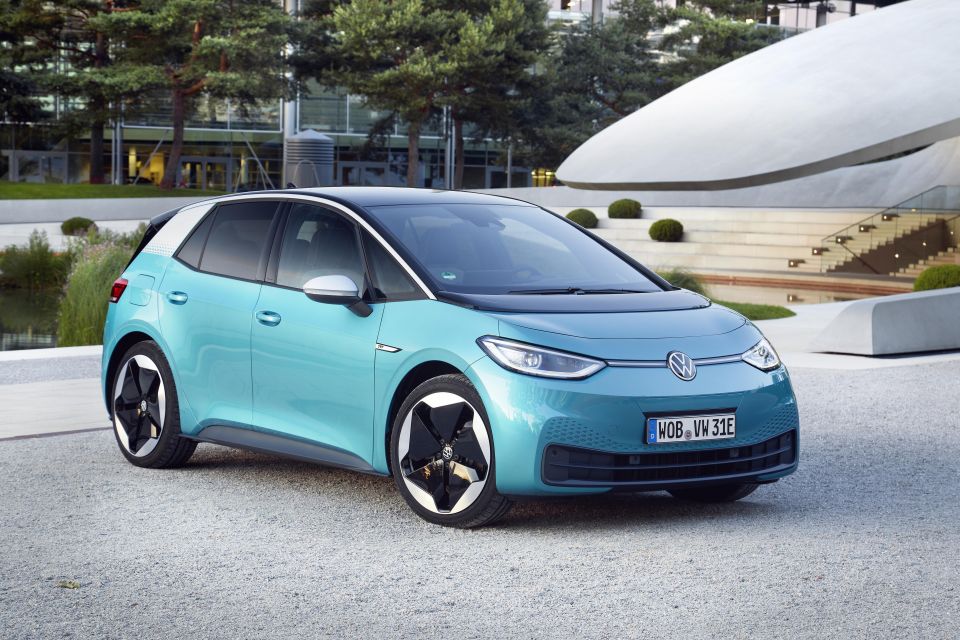
The Australian Capital Territory (ACT) Labor-Green government is rolling out fast chargers, transitioning its public-servant fleet to EVs, exempting EVs from stamp duty, providing free registration, and giving residents and businesses zero-interest loans up to $15,000 to invest in EVs.
Australia’s second most-populous state, Victoria, plans on taking with one hand and giving with another. Its Labor government has legislated a mileage tax on EVs but also announced a $3000 purchase subsidy and pledged to buy 400 EVs for its fleet by 2023.
The lack of federal CO2 targets and purchase subsidies or tax cuts here (compared to policies offered in many countries keen to slash their CO2 emissions) have created an infertile environment for growth, says the car industry.
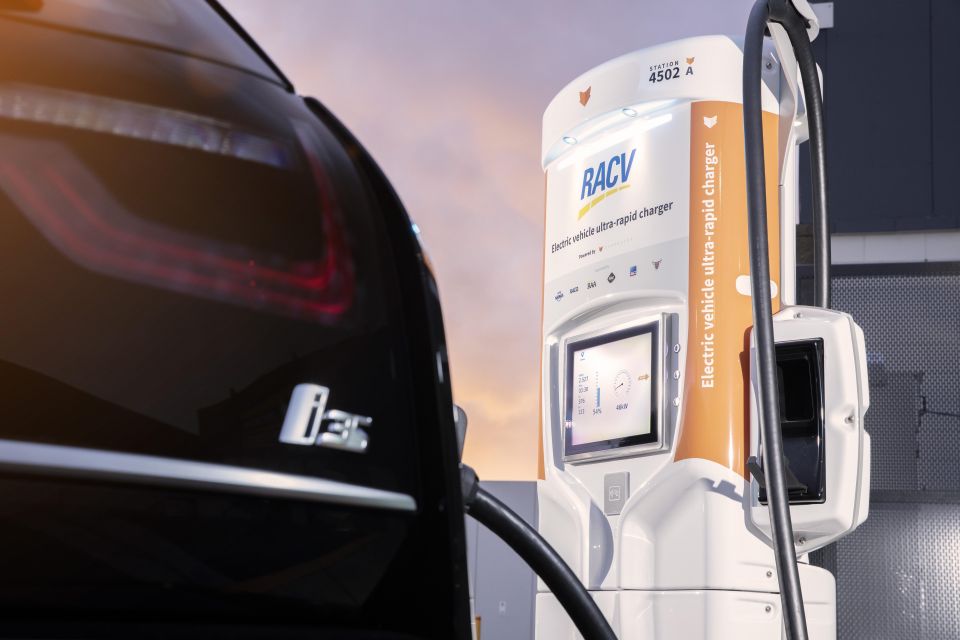
As a result of this, numerous car manufacturers have been unable to secure supplies of EVs, with factory allocations being sent elsewhere. A perfect example is Volkswagen, which is unable to get the ID.3 and ID.4 until 2023/4.
Carmakers have even introduced their own voluntary CO2 emission-reduction roadmap under the FCAI peak body, in lieu of government action, though this is really more about messaging than impact in this writer’s opinion.
Despite all this, the range of EVs is growing. Here’s a linked list of all electric vehicles that are either on sale in Australia, coming soon, or under serious manufacturer consideration for launch.
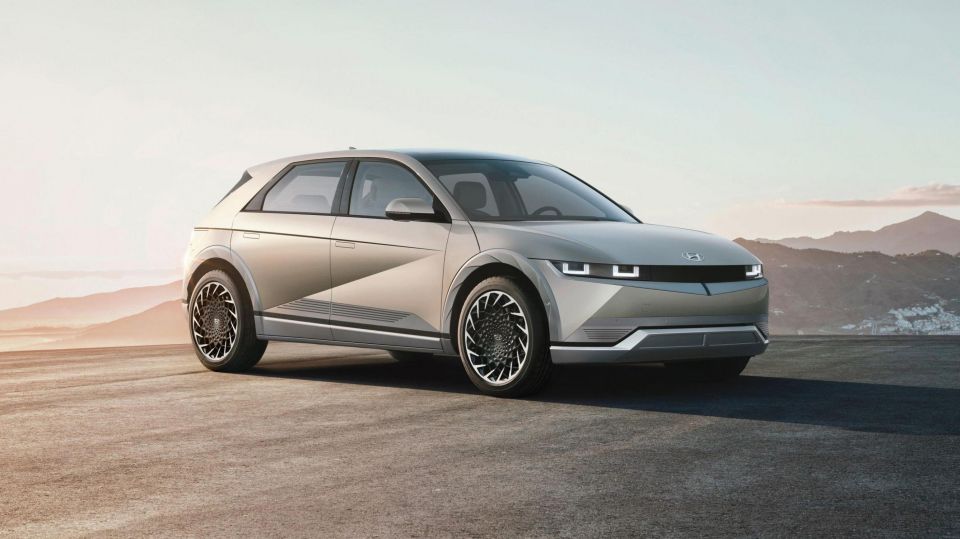
Mr Weber said the FCAI supported the introduction of sensible and achievable CO emissions targets that allowed customers to choose the vehicles and technology they wanted to suit their personal and commercial needs.
“In the long term, the aim is to reduce CO2 emissions from vehicles. Governments should focus on targets, not technologies,” he said.
“If governments set the targets, the carmakers will deliver the range of vehicles into the market that achieve the environmental outcomes and meet the needs of Australian motorists.”


James Wong
3 Days Ago
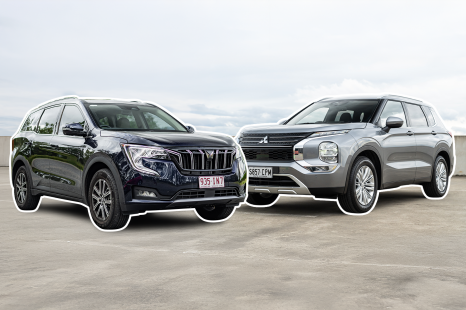

Andrew Maclean
2 Days Ago


Max Davies
2 Days Ago
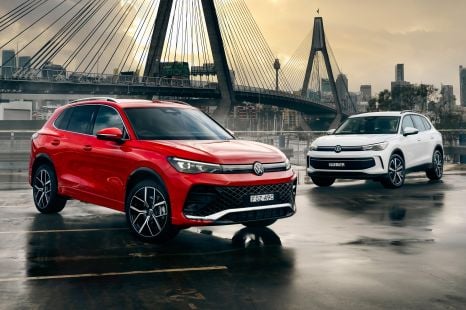

Max Davies
1 Day Ago
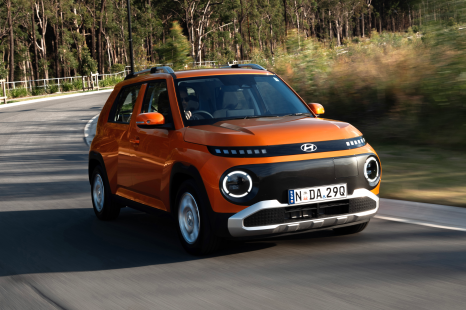

Josh Nevett
1 Day Ago


Damion Smy
18 Hours Ago